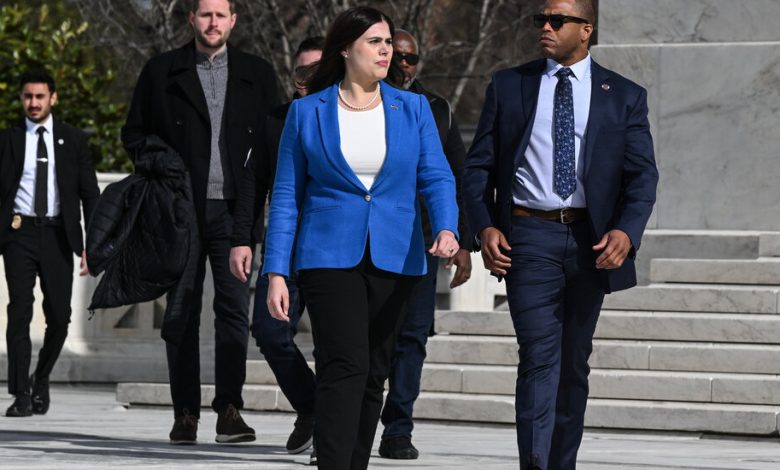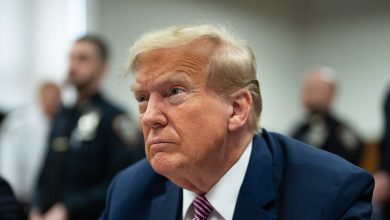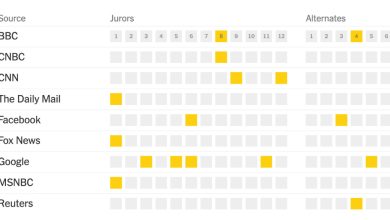Supreme Court Ballot Opinion Ends Uncertainty, but Not Anger

The U.S. Supreme Court brought certainty on Monday to a primary season muddled by confusing and divergent state-level rulings by deciding unanimously that the 14th Amendment did not allow states to disqualify former President Donald J. Trump.
But reaction to the ruling showed that the challenges to Mr. Trump’s candidacy had hardened political dividing lines and angered Republicans who saw the lawsuits as an antidemocratic attempt to meddle in the election. And the ruling was handed down as voters in more than a dozen states prepared for Super Tuesday primaries.
“It motivated people to get involved,” said Brad Wann, a Republican Party caucus coordinator in Colorado, the first of three states to disqualify Mr. Trump, and the state at the center of the Supreme Court case. “They feel like the Democrats in this state are trying to take basic rights away. People are talking at coffee shops, at churches, saying we cannot let this happen.”
The ballot challenges, which were filed in more than 30 states, focused on whether Mr. Trump’s efforts to overturn his 2020 election defeat disqualified him from holding the presidency again. The cases were based on a clause of the 14th Amendment, enacted after the Civil War, that prohibits government officials who “engaged in insurrection or rebellion” from holding office.
On Monday, all nine Supreme Court justices agreed that individual states could not bar candidates for the presidency under the insurrection provision. Four justices would have left it at that. A five-justice majority, in an unsigned opinion, went on to say that Congress must act to give that section force.
In Illinois, where the Supreme Court’s decision overtook a finding by a state judge last week that Mr. Trump was ineligible, many voters said Mr. Trump belonged on the ballot.




